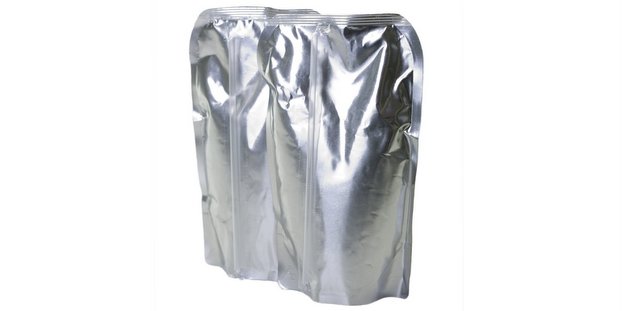
Make sure you work with quality suppliers
The customer service and guidance they provide is just as important as the quality of the product because, as this story shows, having a quality piece to use won’t result in a quality whole without having the right fit.
“We’re experts in making beer, and Avery’s is in substrates and adhesives, and we all need to trust each other for this to function and reach our goals,” Dave says.
Communicate and don’t make assumptions
After knowing you are working with a solid company and have that trust established, the lines of communication need to be open at all times. Dave at Two Roads had those quality suppliers, but that one small oversight in not communicating about this bottle supplier switch with designers and label suppliers left the door open for inconsistencies in results.
“Be sure to have excessive communication up front. You don’t want assumptions,” he says. “You might have this wonderful shrink sleeve, but maybe they don’t do shrink sleeves. Have that dialogue up front. Assumptions are expensive. You want to sweat the details.”
10 packaging tips from famous craft brewers and expert manufacturers
Pretty much every change in that bottled or canned beer is happening on your end, and no matter what changes they are, that needs to be communicated. The label supplier needs to suggest a different product to lay on those new bottles, or its supplier might need to provide it different options. And so on. Remember that for the label supplier, their process is just as complicated as yours. Bottles all have different coatings, and there are all different paper options to consider based on that. Then there is the filling itself — is it wet or dry? Then where is that product going? Cold storage? An ice bucket? Every little decision made at the brewery will affect the label and adhesive choices.
Plan ahead and establish timelines
Basically, try and make sure your communicating isn’t always done at the last second. These suppliers have their own timelines and other customers in other industries, and that needs to be accounted for just as much as your own internal deadlines and operations.
Label suppliers are noting that there’s less and less time these days for them to execute a project, whether it is with a seasonal product line or an event or anniversary. Waiting until the last second is still better than no communication at all, but it will lead to stress and open the door for mistakes.
This is a partnership
To sum up: Your suppliers need to be thought of as a part of your team, just like their products are a part of your final product. They need to be involved no differently than you’d involve your own sales and marketing staff or brewery employees. Establishing that trust in your brand with the consumer is the result of first establishing this trust with every other stakeholder that produces that final beer.
“You have to see it as a partnership,” Dave says. “You need to work together to understand lead times, and you need to work together because the last thing you want to happen is working with you production team to make sure they have all the hops, malts and yeasts that they need and that the right tanks are lined up and brewing three weeks away, but then not all of the packaging is lined up with the labels, which are delayed by a half a week, and then that delays that next brew and … you have to avoid that cascading effect.”






Leave a Reply
You must be logged in to post a comment.